Building a home in is an exciting venture, but it can also be a complex and challenging process. One of the key concerns for homeowners is ensuring that they get the best value for their budget. In this blog, we will explore five essential strategies and questions to help you navigate the construction process successfully, emphasizing transparency, proper planning, and creative solutions.
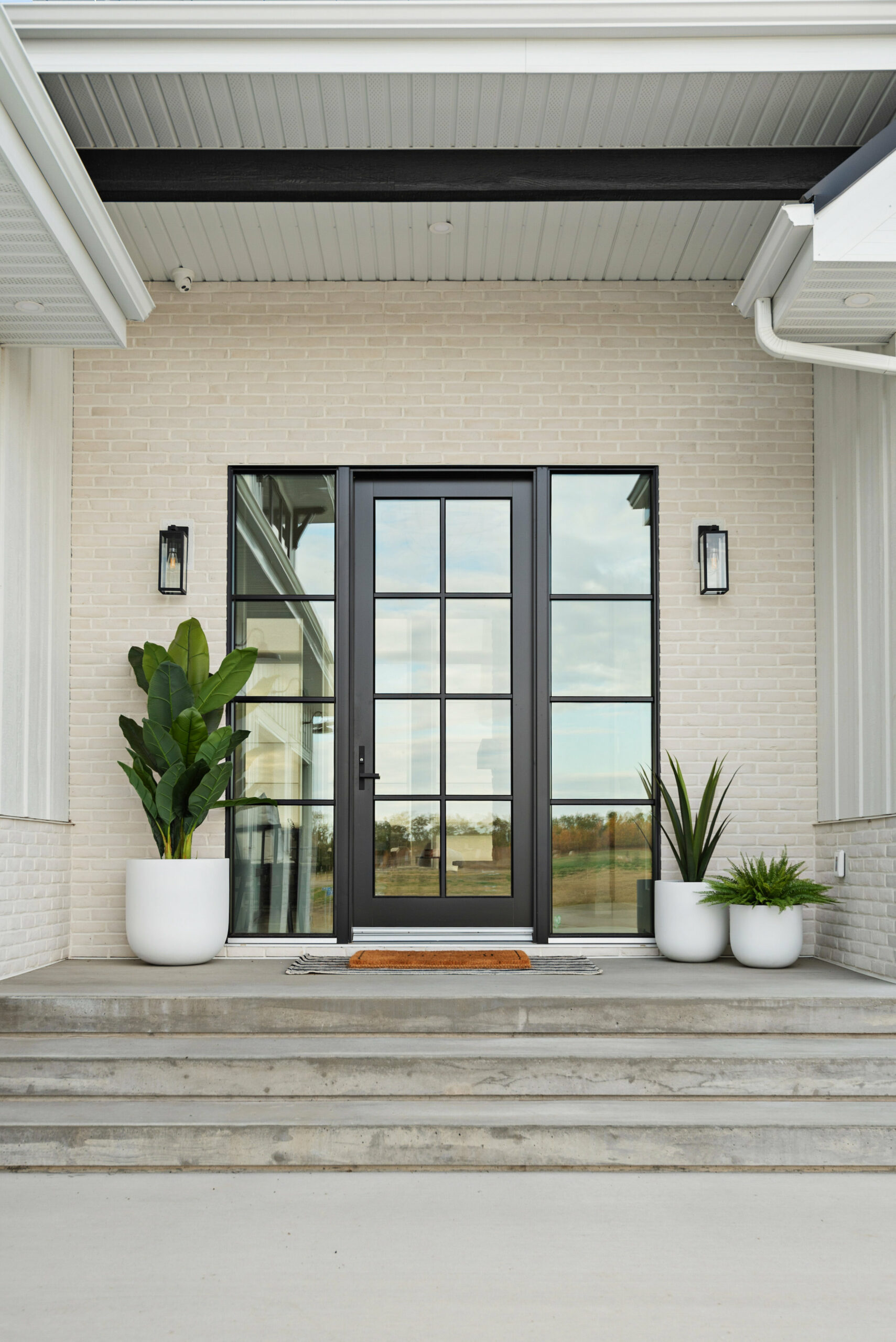
1. Demand Transparency from Your Contractor
One of the most critical factors in ensuring you get the best value for your budget is transparency from your contractor. When entering into a construction project, it’s essential to have a clear understanding of the costs involved. Many homeowners have faced unexpected expenses and hidden fees that weren’t initially disclosed.
What to Do: Prioritize contractors who are open and transparent about their pricing structure. Ask for a detailed breakdown of costs, including materials, labor, permits, and any potential additional charges. A reputable contractor should be willing to provide a comprehensive quote with no hidden fees.
What Not to Do: Avoid contractors who are vague about their pricing or hesitant to provide detailed quotes. If a contractor is unwilling to share specific cost breakdowns, it could be a red flag indicating potential issues down the line.
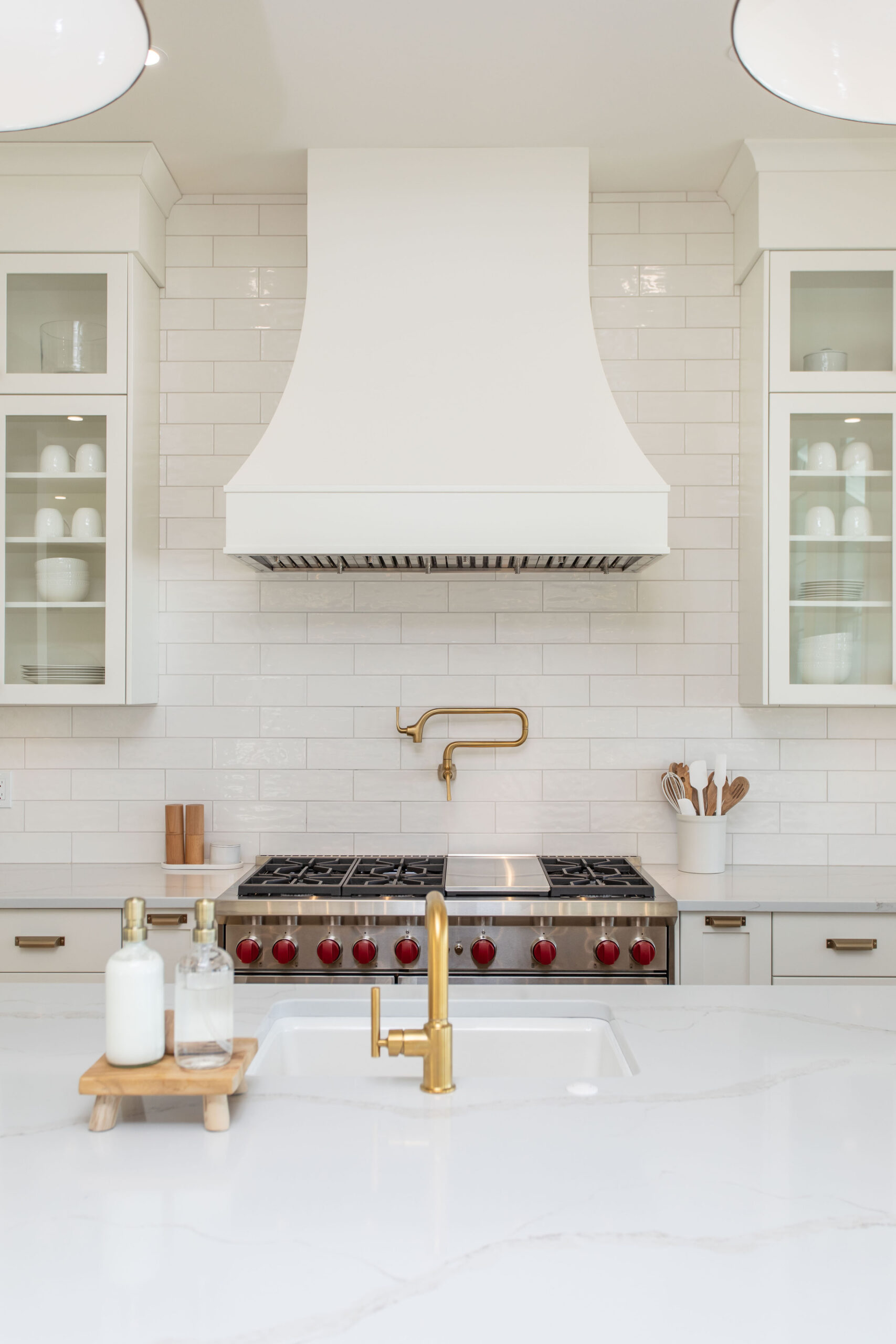
2. Insist on Hard Quotes and Real Costs from Trades
To avoid budget overruns and unexpected expenses, it’s crucial to insist on hard quotes and real costs from tradespeople involved in the construction process. Many homeowners have faced situations where estimated costs skyrocketed during the project, leading to financial strain.
What to Do: Work with a contractor who provides hard quotes from subcontractors and tradespeople. Ensure that these quotes are realistic and based on accurate assessments of the work required. This can help you avoid unpleasant surprises as the project progresses.
What Not to Do: Avoid relying on rough estimates or verbal commitments. Insist on written quotes that clearly outline the scope of work, materials, and labor costs. Failure to do so could result in financial setbacks and delays.
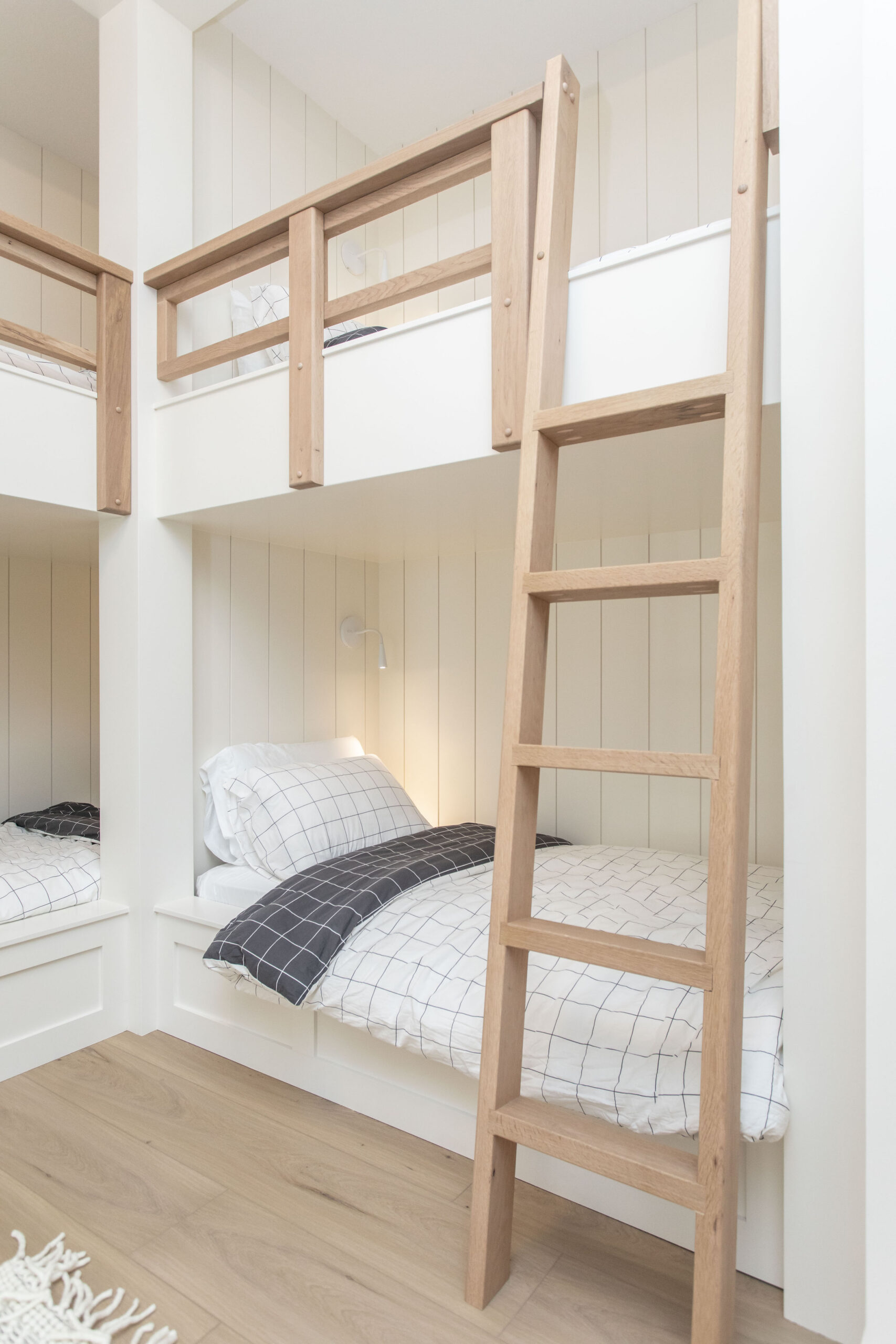
3. Emphasize the Importance of Proper Planning
Proper planning is the foundation of a successful home construction project. Rushing into a project without a well-thought-out plan can lead to costly mistakes, delays, and a subpar end result.
What to Do: Invest time in detailed planning before breaking ground. Work closely with your contractor to outline the project timeline, budget, and specific design preferences. A well-organized plan will help you stay on track and avoid unnecessary expenses.
What Not to Do: Avoid the temptation to start construction without a comprehensive plan in place. Skipping this crucial step can result in changes and modifications during the construction phase, leading to increased costs and potential compromises in quality.
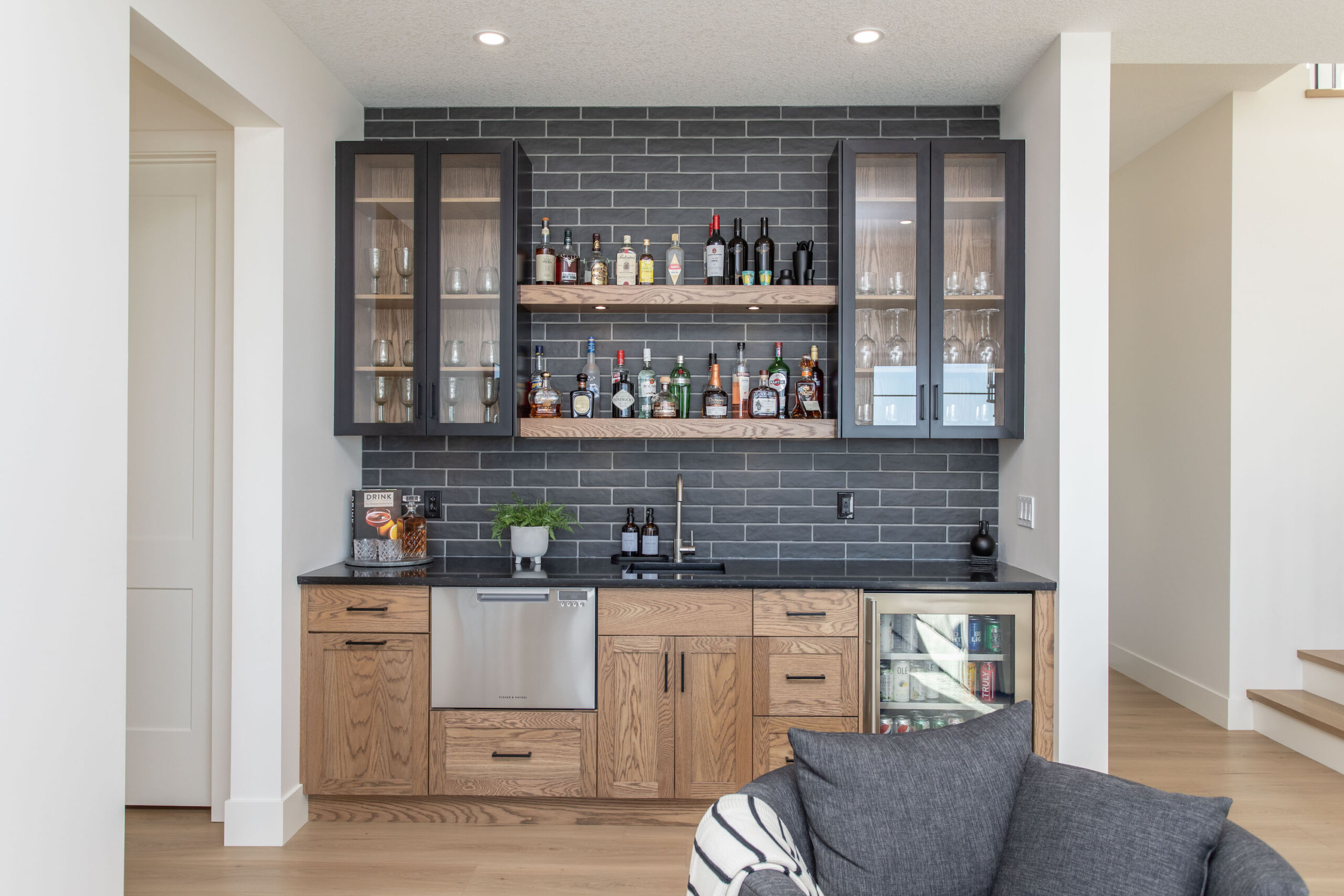
4. Beware of Rough Estimates and Square Foot Pricing
While square foot pricing can provide a general idea of costs, relying solely on rough estimates can be risky. Homeowners often find themselves facing unexpected expenses when contractors base their quotes on approximate figures.
What to Do: Request detailed quotes based on the specific features and requirements of your home. Ensure that your contractor considers the unique aspects of your project, such as the local climate, site conditions, and any special design elements. This tailored approach is more likely to result in accurate pricing.
What Not to Do: Avoid contractors who provide quotes solely based on square footage without considering the individual characteristics of your project. A one-size-fits-all approach can lead to miscalculations and budgetary issues down the road.
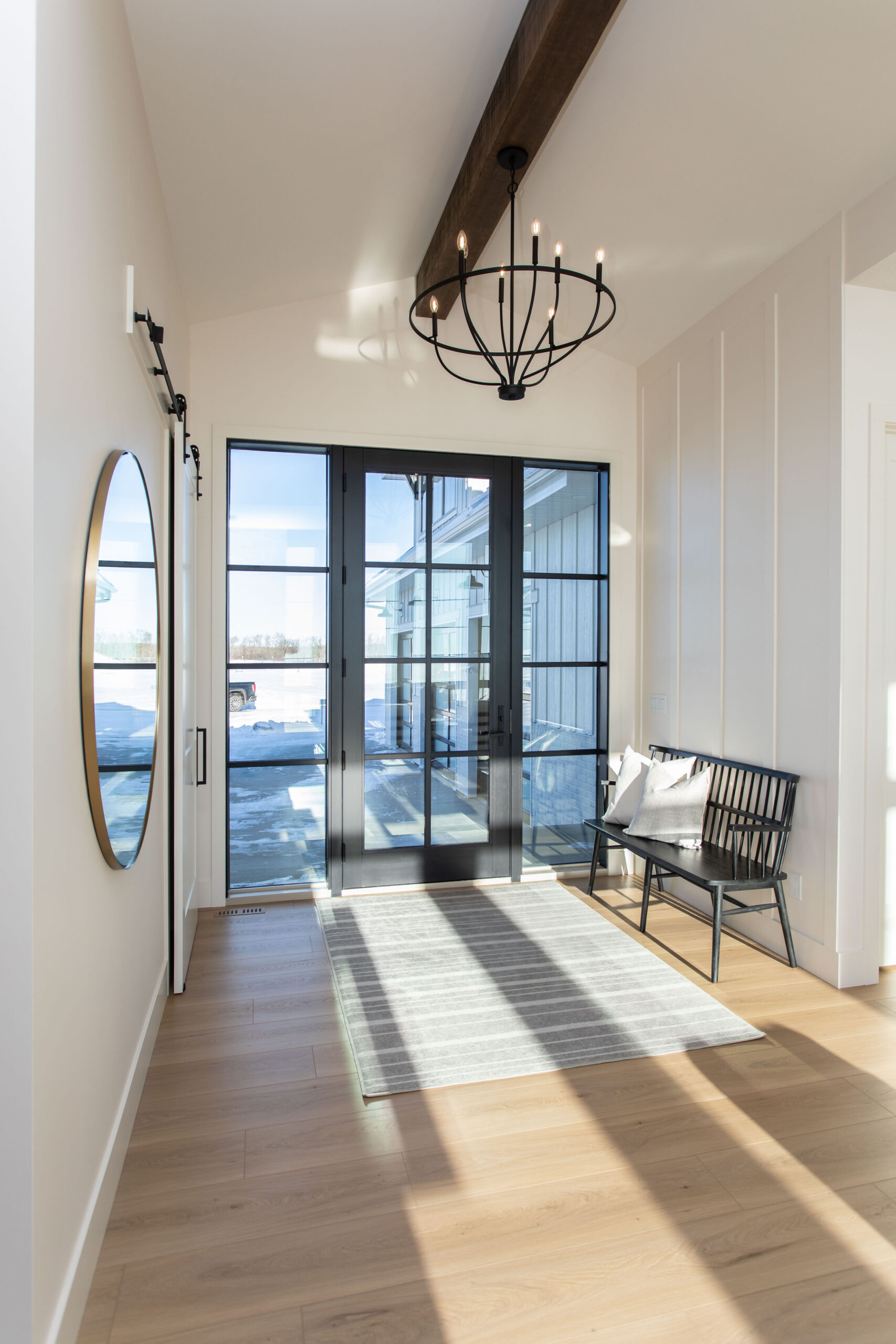
5. Ensure Your Contractor Explores Creative Solutions and Multiple Options
A skilled and experienced contractor will explore creative solutions and present multiple options during the quoting phase. This not only demonstrates their expertise but also gives you the opportunity to make informed decisions that align with your budget and vision.
What to Do: Collaborate with a contractor who goes beyond standard solutions and actively seeks ways to optimize costs without compromising quality. A willingness to explore alternatives and provide cost-effective options is a sign of a contractor committed to delivering value.
What Not to Do: Avoid contractors who provide only one solution without considering alternatives. Lack of flexibility and creativity can limit your options and potentially lead to unnecessary expenses. A contractor who explores various approaches is more likely to find the best balance between cost and quality.
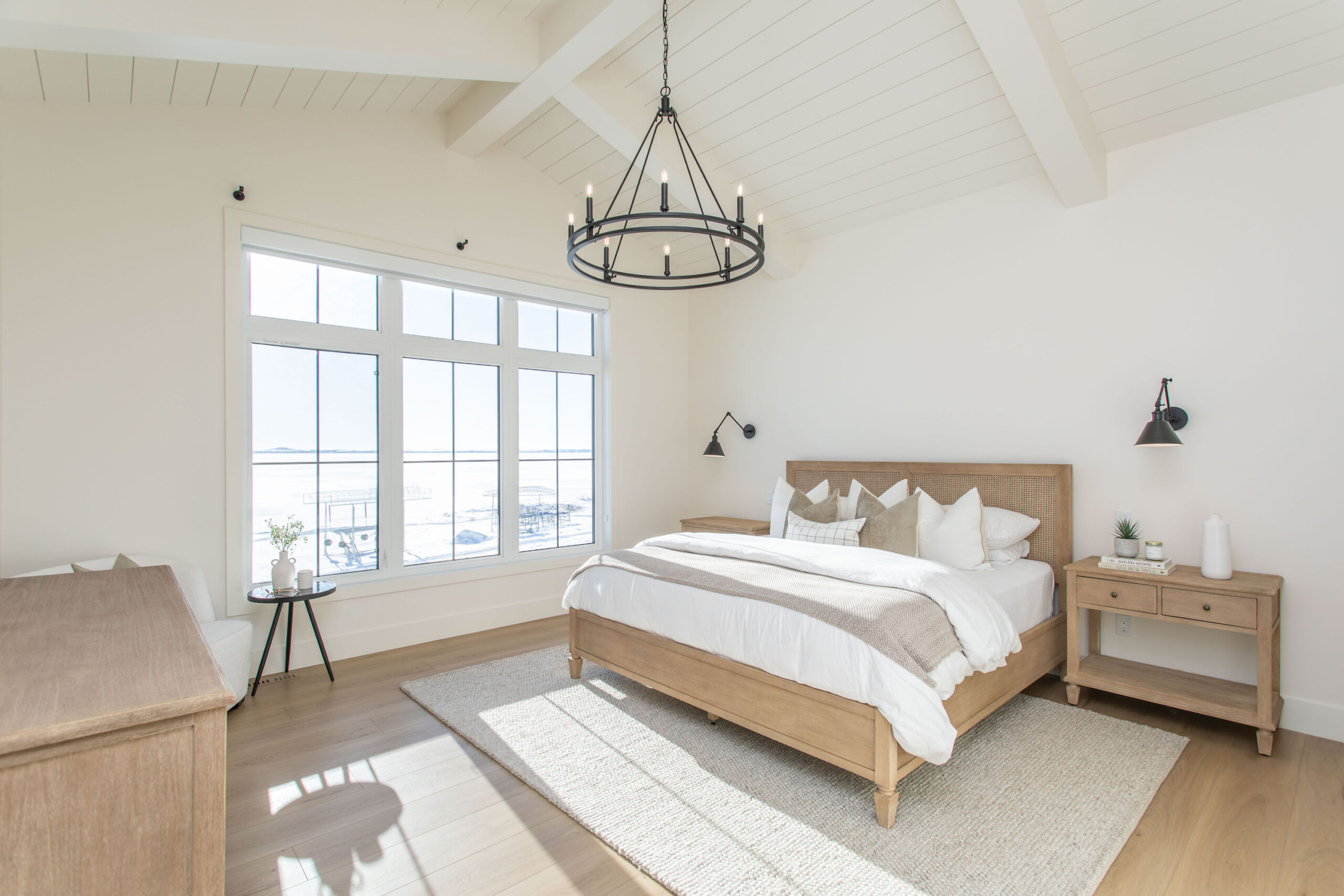
How do you ensure the best value when building a home?
Building a home in requires careful consideration and strategic planning to ensure you get the best value for your budget. By prioritizing transparency, demanding hard quotes, emphasizing proper planning, avoiding rough estimates, and seeking creative solutions, you can navigate the construction process successfully. Remember, investing time and effort into these strategies upfront can lead to a smoother construction journey and a home that meets both your expectations and financial goals.